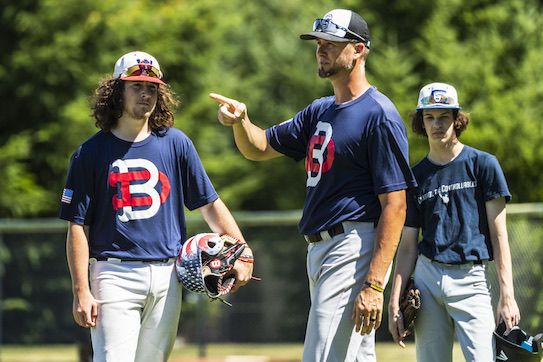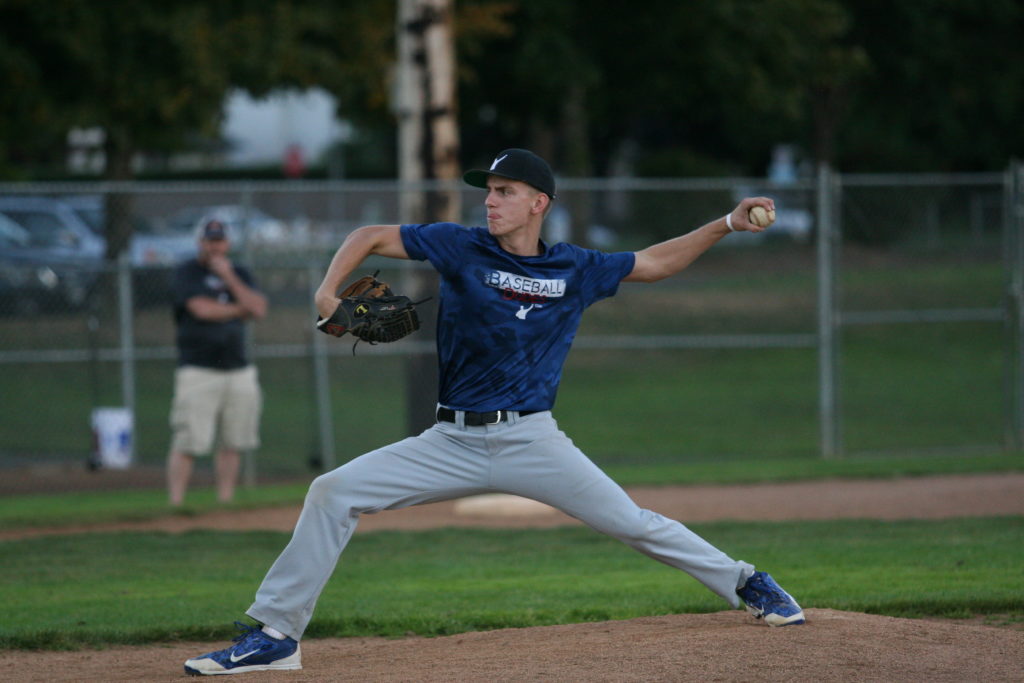 First, let’s be real, injuries happen. Throwing something overhand puts a lot of stress on the shoulder and elbow joints. Coordination and genetics often play a role in a sore arm.
First, let’s be real, injuries happen. Throwing something overhand puts a lot of stress on the shoulder and elbow joints. Coordination and genetics often play a role in a sore arm.
With that, there are things we can do to promote healthy arms and put them in a position to be strong from the beginning to the end of a season. Dedication and commitment to arm health needs to be taken seriously, especially in this generation with so much baseball being played.
1) Core strength. Baseball is a rotational sport. Developing and maintaining the strength of your core, front and back, puts the body in a position to use your whole frame to create power. Develop a daily routine that includes multiple core strengthening exercises.
2) Lower half strength. Power, power, power. Most of a pitchers power will be determined in how they move down the mound. From the glutes, to the quads, to the hammies, become a beast.
3) Hand and wrist strength. How strong is their grip? Every time they throw a baseball, they are using all these muscles. Develop these to protect all the tendons and ligaments underneath. Use a hand gripper, racquet ball, rice bucket, gyro ball exerciser, etc.
4) Shoulder and elbow strength. Resistance bands, light weights, body weight movements. There are lots of different products and routines out there. Many different exercises. I don’t care which one you do, just do something! Find something you enjoy. Develop stability in these joints. Develop and maintain strength and endurance in those decelerator muscles.
5) STAY CLOSED! It doesn’t matter how good you are in the areas listed above, if you start to rotate open too soon in your delivery, you will lose momentum and lack torque which in turn will put all the pressure on your arm joints to try and create power. Momentum all the way down the mound and late turn/torque creates most of the power and takes the strain off the arm.
6) Learn proper mechanics. Everyone looks different and some can get away with not being perfect. Focus on stride length, body position at front foot contact, body movements from there to release and what happens after release (aka, how does your body decelerate).
7) Listen to your body/arm. If it needs a break, then give it a day off. Twenty-four hours can do wonders. This can take years to fully understand but when it comes to endurance and being able to finish the season just as strong as you were when it started, this is a major key.
8) Tendonitis and dead arm is fatigue. These happen when your body wasn’t prepared for the amount you have been putting on it. Getting through a whole season at the professional level without coming down with either of these at some point is pretty much impossible, simply because it is so much, no matter how well you are prepared. With the demand at that level, it’s inevitable. If a youth player is experiencing these, there are most likely issues in the areas listed above and there needs to be adjustments made to their non-competitive and competitive workload.
9) Develop routines. Catch, long toss, bullpen, arm care, core work, strength training, speed training. Strengths and weaknesses are determined in the strengths and weaknesses of our routines. Thoughtout and detailed routines make sure that everything that needs attention, gets the attention it requires.
10) THROW MORE! Condition the arm for the demand. “Saving bullets” by taking it easy on your non pitching days and never throwing bullpens at near game speed, is putting your arm in a weaker position in regards to strength, stamina and endurance. Thus when you go out and demand 70-100 pitches from it, and it’s essentially been hibernating for the past however many days, it won’t be fully prepared for what you are about to put it through. Don’t be afraid of throwing the rock daily. Never go more than three days without getting on the mound to refine your delivery and continue to develop feel for your pitches. Throw your changeup daily, spin the baseball daily (if you are there in development).
11) Establish limits. Once a player hits their threshold of reps in a game that they are conditioned for, each rep from there on out puts them in a weaker position thus elevating the risk for injury. Understand progression when it comes to pitch counts. And when there has been too much time between competitive pitches, stamina and endurance is lost quickly and you need to back track a little in the workload that arm will see in their next game pitched.
12) Put your pitchers on a rotation. Allow for consistent work. You should know right now who will start that game that you have three weeks from now. Development is in consistency and we are here to help them develop…PERIOD!
13) Play multiple sports. Take time to focus on overall strength and develop an active rest routine for your throwing arm. Put the gloves down, put the baseballs down. Read a book on mental toughness. Read articles on how big leaguers achieve their success. Train your mind. Sit down and write out some new routines. Evaluate your season and determine weaknesses and strengths and make a plan to improve on them and perfect them. Establish goals. If you have a, or are a, pitcher who struggles with arm pain off and on or throughout a season, try to figure out why that is happening. Take AT LEAST 10-12 weeks off in the winter from throwing to let it fully recover.
Most have a goal to play this game beyond high school. The question is, are we hindering their chances of achieving those goals with the way we are using them, or not using them? Are we putting them in a position to succeed or are we risking their future by with the decisions we keep making?
Injury is the number one cause for players never reaching their full potential. Let’s do a better job at making decisions that put them in a better position to not become a statistic.
 Chris Gissell (168 Posts)
Chris Gissell (168 Posts)Founder of Baseball Dudes. Blessed with three beautiful children and an amazing wife. Baseball is my life, after my family, and I love sharing what I have learned from it. Thanks for taking the time to view what we offer here at Baseball Dudes.
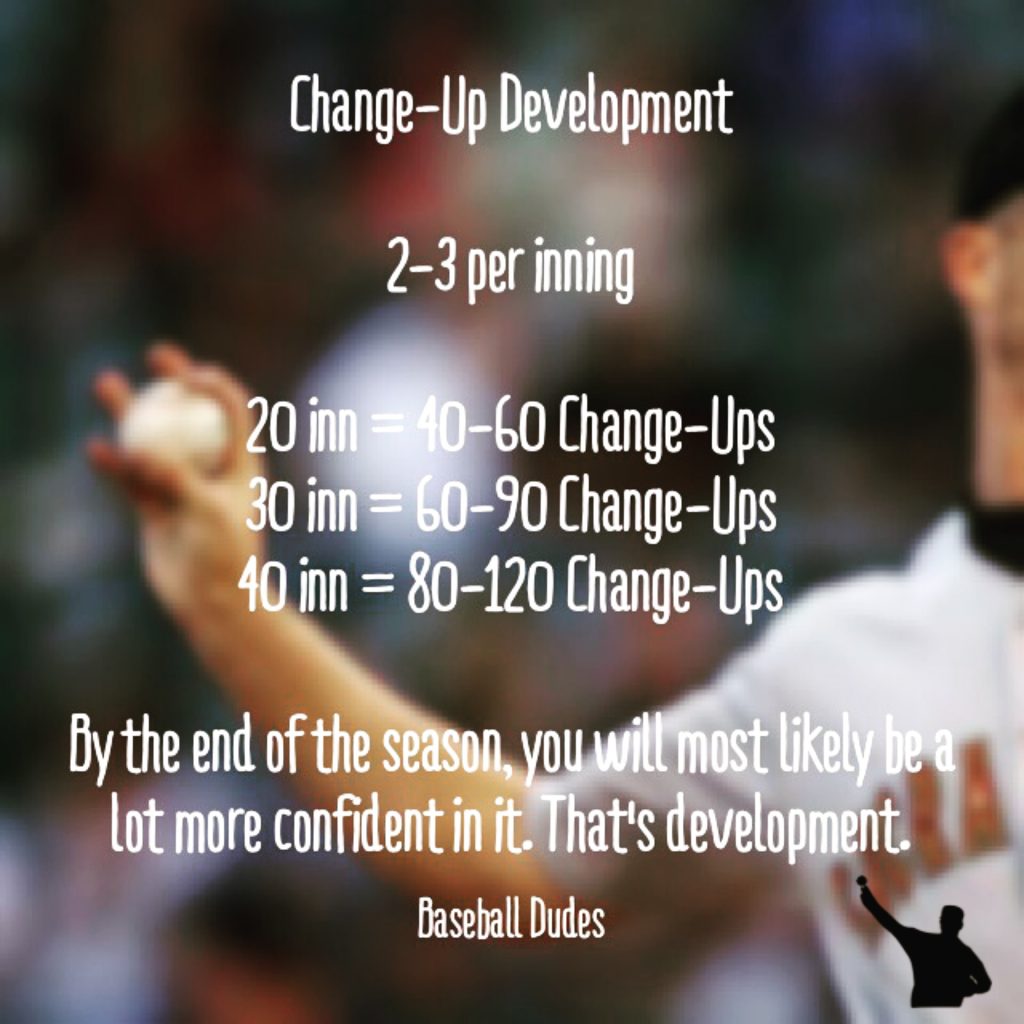 As a young player with an over-powering fastball, why would you throw a Change-Up in a game? You would be throwing it right into the hitters bat speed and be giving him a better chance of getting a hit so it wouldn’t make any sense…RIGHT??
As a young player with an over-powering fastball, why would you throw a Change-Up in a game? You would be throwing it right into the hitters bat speed and be giving him a better chance of getting a hit so it wouldn’t make any sense…RIGHT??




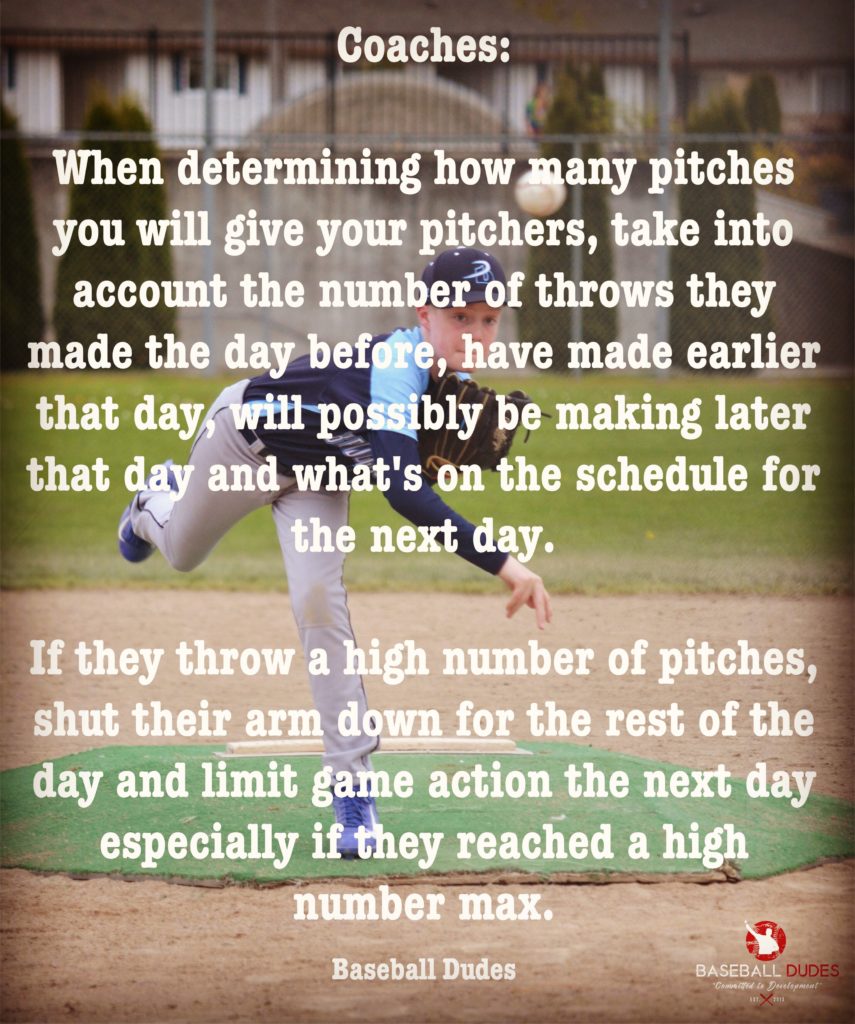 Arm Care has become a hot topic. With more and more information out there on why and how kids are getting hurt, why too many never get a chance reach their full potential, many are looking for answers. Looking for ways to help their young ones maybe take better care of their arms. Here are a few ideas for you…
Arm Care has become a hot topic. With more and more information out there on why and how kids are getting hurt, why too many never get a chance reach their full potential, many are looking for answers. Looking for ways to help their young ones maybe take better care of their arms. Here are a few ideas for you… So much negativity…
So much negativity…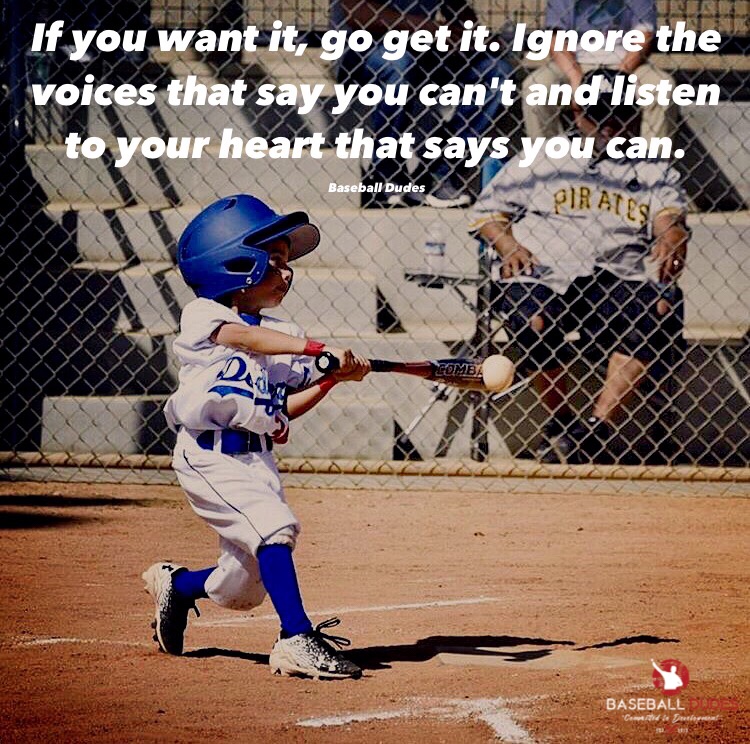 No one wants to fail. Failure is a negative, it’s embarrassing, it’s disappointing, it’s shameful, it’s downright unforgivable…Right??
No one wants to fail. Failure is a negative, it’s embarrassing, it’s disappointing, it’s shameful, it’s downright unforgivable…Right??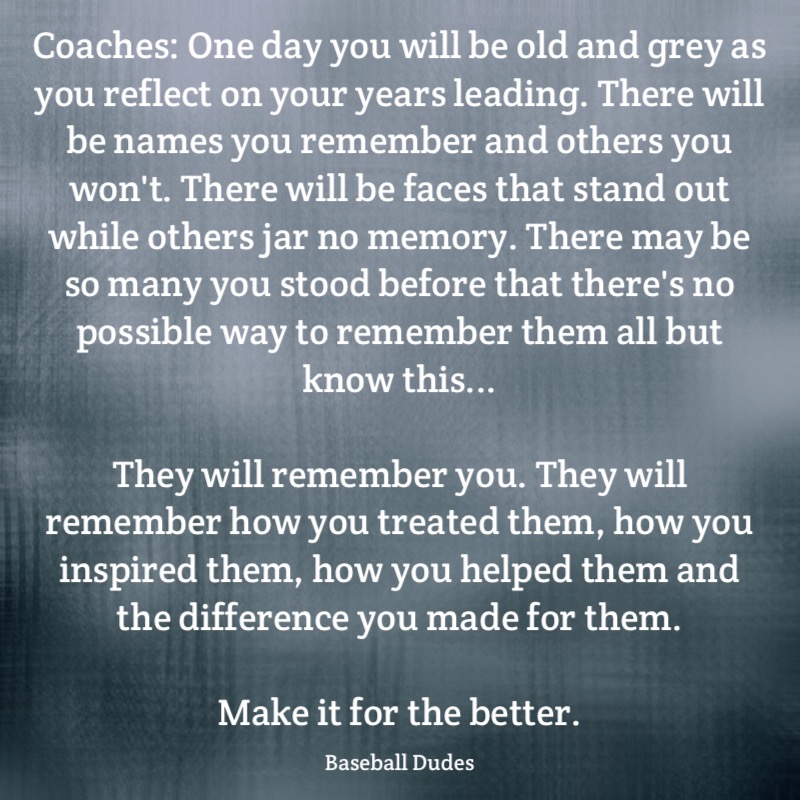 “Thank You Coach”
“Thank You Coach”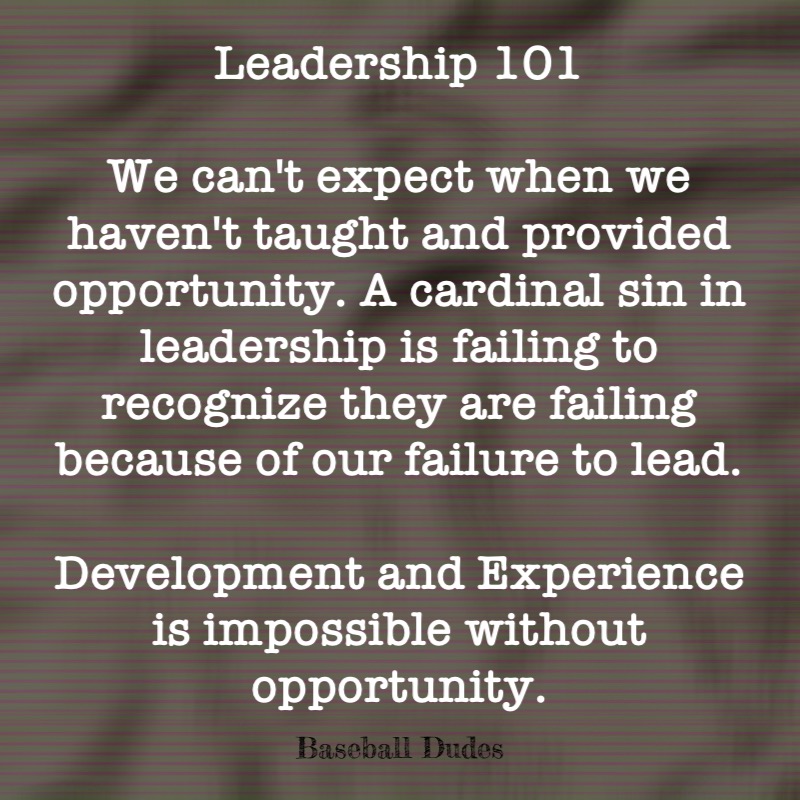 In a game that started as a kids game. A game that is so fun to play and teach. A game which can lead to great things and a game which can teach us so much about ourselves and life, why is it so hard to find positive stories? Uplifting and motivating stories. They are out there but they seem to be buried by stories of neglect, abuse, greed and negativity. So frustrating!
In a game that started as a kids game. A game that is so fun to play and teach. A game which can lead to great things and a game which can teach us so much about ourselves and life, why is it so hard to find positive stories? Uplifting and motivating stories. They are out there but they seem to be buried by stories of neglect, abuse, greed and negativity. So frustrating!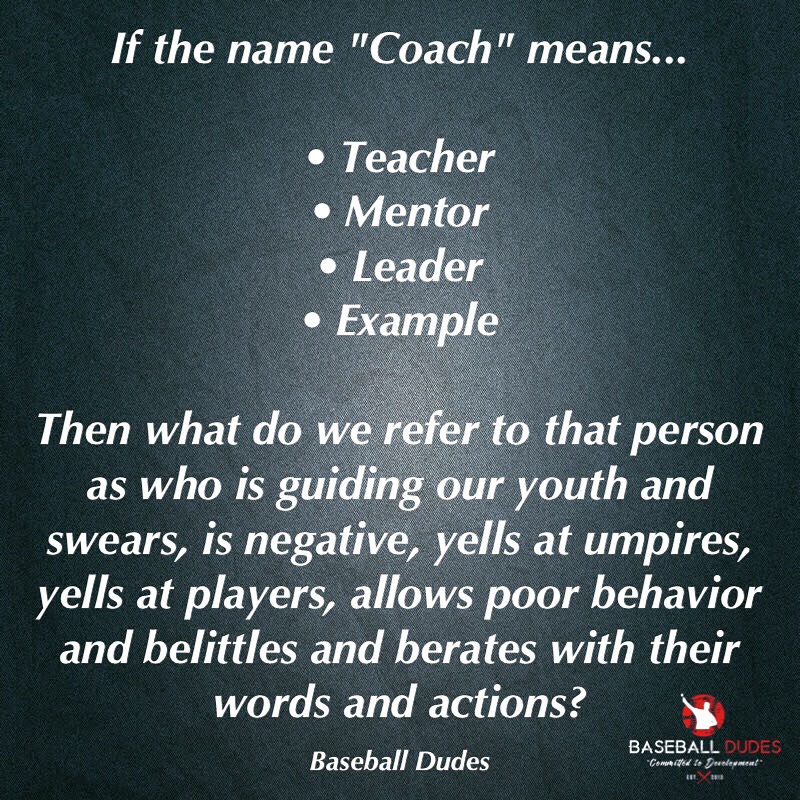 Do we really forget that these are kids? That they are clumsy. That their hand eye coordination is so far from being mature. That they are playing a tough game. That their normal focus level is nowhere near what ours is as adults, BY NATURE.
Do we really forget that these are kids? That they are clumsy. That their hand eye coordination is so far from being mature. That they are playing a tough game. That their normal focus level is nowhere near what ours is as adults, BY NATURE.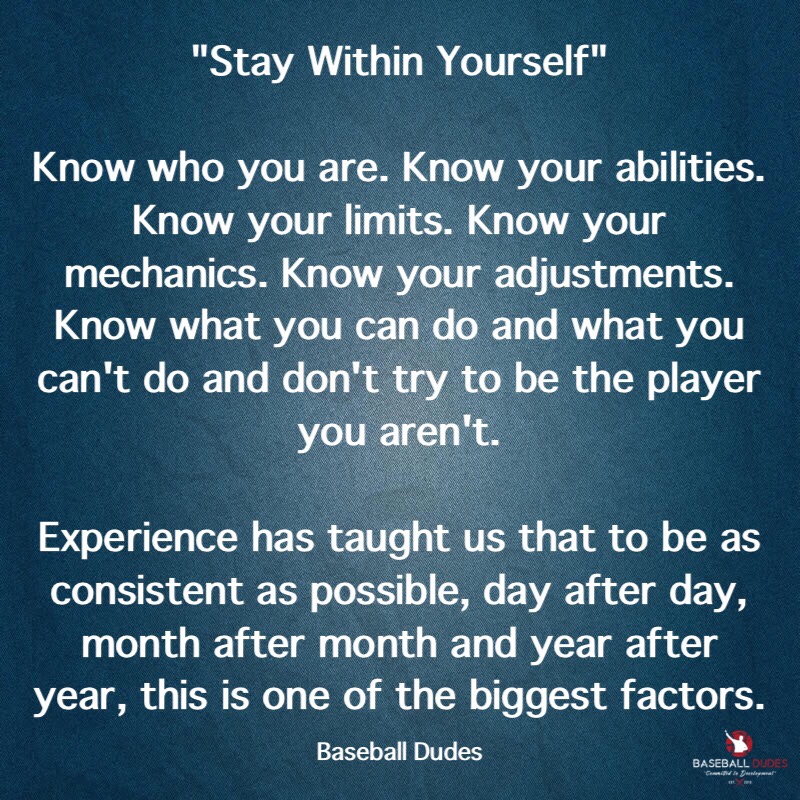 Video Analysis and over thinking/over coaching…
Video Analysis and over thinking/over coaching…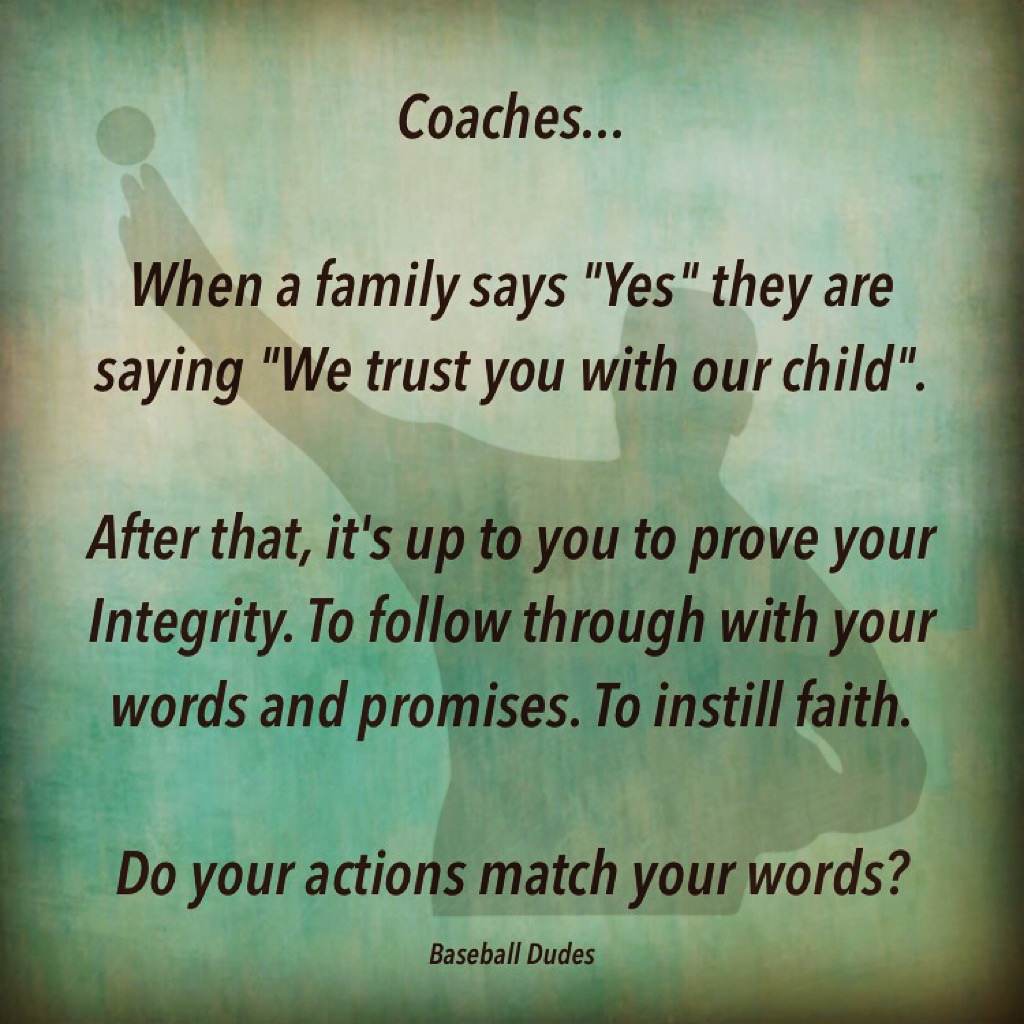 What’s best for their safety? What’s best for their development? What’s best for their future? What’s best for the athlete? What’s best for their character? Ask 100 different grown men and you are likely to get 100 different opinions. And with those 100 opinions, you will too often find no plan or wiggle room for adjustment in those beliefs.
What’s best for their safety? What’s best for their development? What’s best for their future? What’s best for the athlete? What’s best for their character? Ask 100 different grown men and you are likely to get 100 different opinions. And with those 100 opinions, you will too often find no plan or wiggle room for adjustment in those beliefs.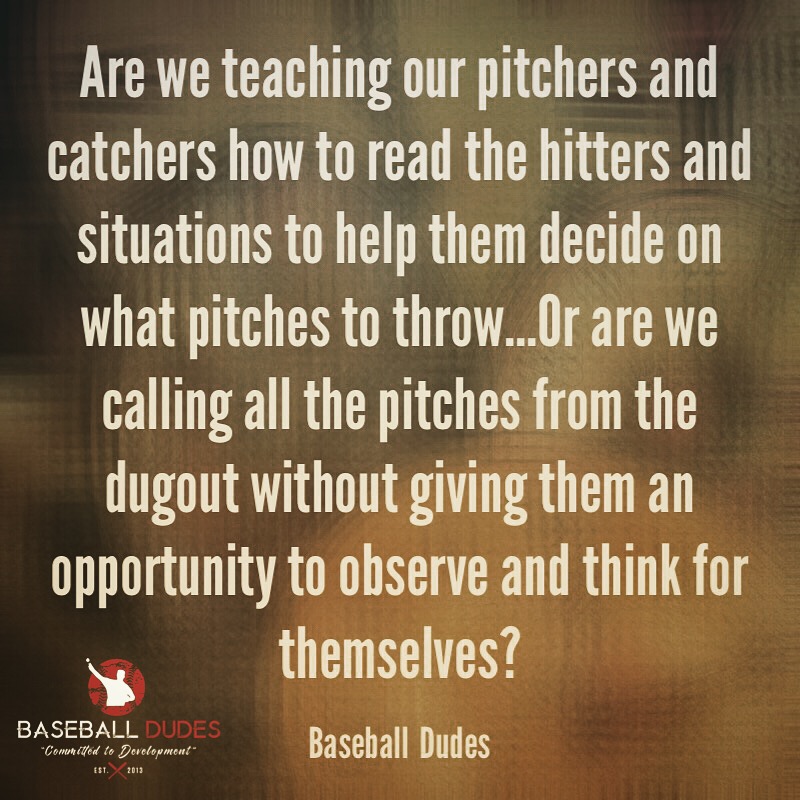 Raising and developing people…
Raising and developing people…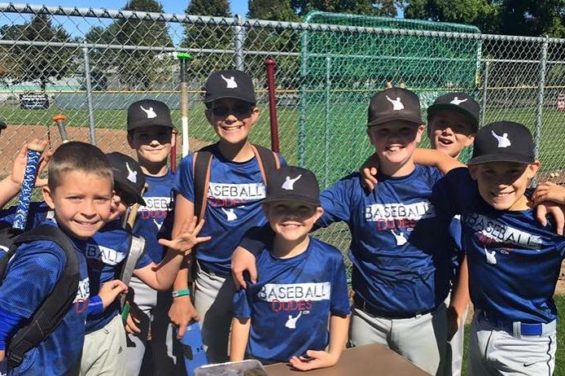 If a 9, 10, 11, 12, 13 year old shows respect, works his butt off, loves the game, has tremendous character, is a great teammate, has a great attitude BUT hasn’t yet hit the growth spurt his teammates have, is a bit slower and his hand/eye coordination is a bit off with a growth spurt and/or puberty immanent, why would you not give him every possible opportunity??
If a 9, 10, 11, 12, 13 year old shows respect, works his butt off, loves the game, has tremendous character, is a great teammate, has a great attitude BUT hasn’t yet hit the growth spurt his teammates have, is a bit slower and his hand/eye coordination is a bit off with a growth spurt and/or puberty immanent, why would you not give him every possible opportunity??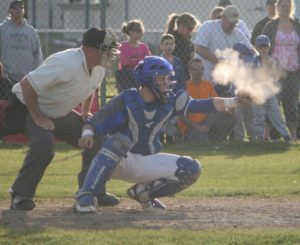 During my years coaching in the Angels organization we would keep track of these every game. FREE BASES. Our goal was to have 5 or less per game. If we did this we had a 72% chance of winning that game. FREE BASES are…
During my years coaching in the Angels organization we would keep track of these every game. FREE BASES. Our goal was to have 5 or less per game. If we did this we had a 72% chance of winning that game. FREE BASES are… First, let’s be real, injuries happen. Throwing something overhand puts a lot of stress on the shoulder and elbow joints. Coordination and genetics often play a role in a sore arm.
First, let’s be real, injuries happen. Throwing something overhand puts a lot of stress on the shoulder and elbow joints. Coordination and genetics often play a role in a sore arm. Four seam fastball, two seam fastball, cut fastball, curveball, slider, slurve, splitter, forkball, knuckleball, changeup and a cut changeup. I’m sure there are others I am not thinking about.
Four seam fastball, two seam fastball, cut fastball, curveball, slider, slurve, splitter, forkball, knuckleball, changeup and a cut changeup. I’m sure there are others I am not thinking about.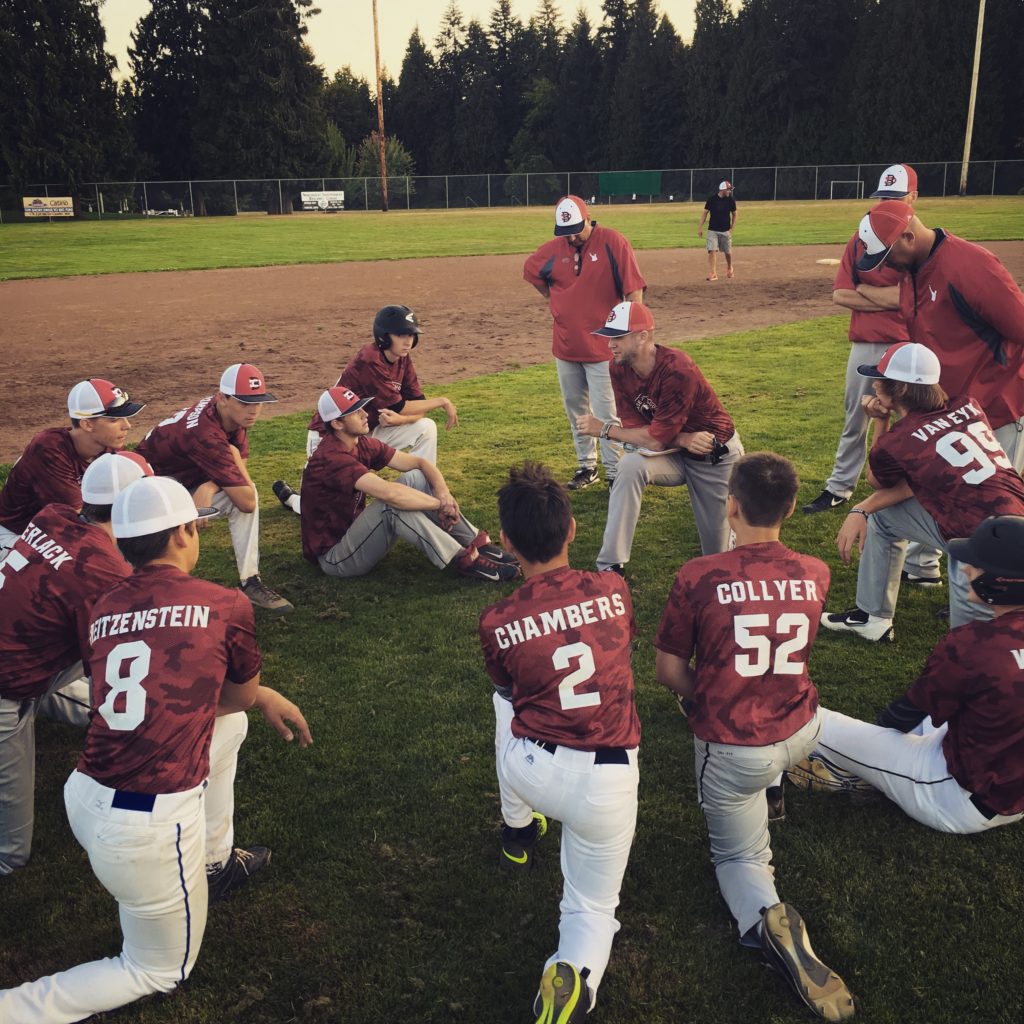 1. Provide players with playing time at multiple positions throughout the season to enhance baseball IQ. DON’T play them at just 1 or 2 positions all season.
1. Provide players with playing time at multiple positions throughout the season to enhance baseball IQ. DON’T play them at just 1 or 2 positions all season.